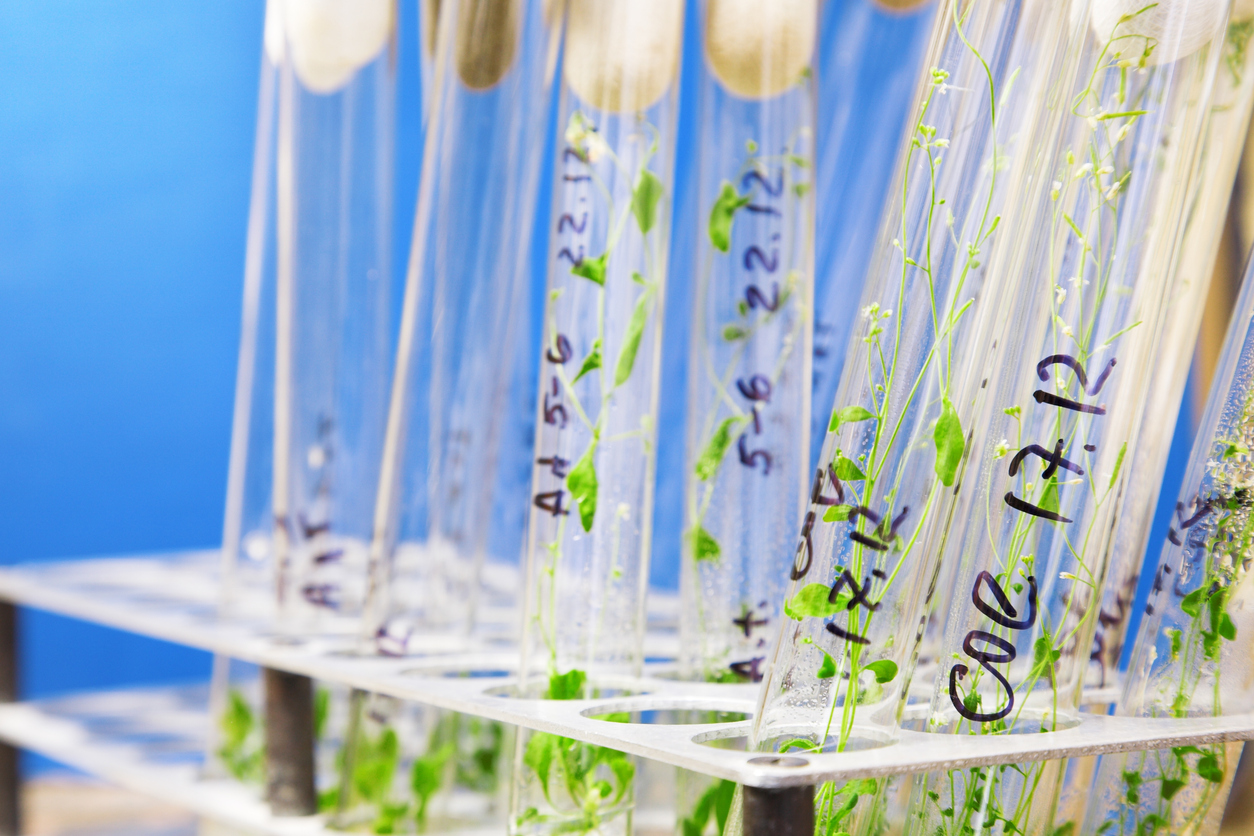
Experts Boost Plant Immunity to Face Warming Temperatures
July 20, 2022| |
Researchers from Duke University and Howard Hughes Media Institute found the gene linked to plants' temperature sensitivity and devised a way to fix the plant's immune system at higher temperatures. The open-access article about the study is published in Nature.
The research team identified the gene CBP60g, which codes a protein controlling how other genes involved in the salicylic acid pathway are expressed. Salicylic acid has antibacterial properties and also acts as an indicator for other immune pathways to get going. However, during extremely hot conditions, the salicylic pathway shuts down. The researchers turned up the salicylic production at all times, even at high temperatures. Furthermore, they also made the plants produce defense chemicals only in the presence of a pathogen to ensure that the plants' growth and development are not hampered by making unimportant defense chemicals.
The study, which was done with Arabidopsis, will be tested in rapeseed plants. One of the authors also said that future research could use gene editing tools like CRISPR to avoid regulatory and consumer challenges associated with using genetically modified organisms.
Know more details from MIT Technology Review and Nature.
| |
You might also like:
- Pocket K No. 43: Biotechnology and Climate Change
- How CRISPR Helps Mitigate the Effects of Climate Change
- Pipecolic Acid Found to Initiate Plant Disease Resistance Pathway
Biotech Updates is a weekly newsletter of ISAAA, a not-for-profit organization. It is distributed for free to over 22,000 subscribers worldwide to inform them about the key developments in biosciences, especially in biotechnology. Your support will help us in our mission to feed the world with knowledge. You can help by donating as little as $10.
-
See more articles:
-
Gene Editing Supplement (July 20, 2022)
-
Research and Tools
- Experts Boost Plant Immunity to Face Warming Temperatures
- Study Gauges Public Acceptance of Gene-edited Foods
- SCNT-CRISPR-Cas9 Combo Successfully Produces Genome-edited Dogs
- Biotech Company Uses CRISPR to Edit Cholesterol Gene
-
Public Acceptance and Engagement
- High School Teachers Tackle CRISPR in Biotech Classes
- Experts Highlight Gene Editing Potentials for Vietnam’s Agri Sector
-
Read the latest: - Biotech Updates (February 11, 2026)
- Gene Editing Supplement (January 28, 2026)
- Gene Drive Supplement (February 22, 2023)
-
Subscribe to BU: - Share
- Tweet

